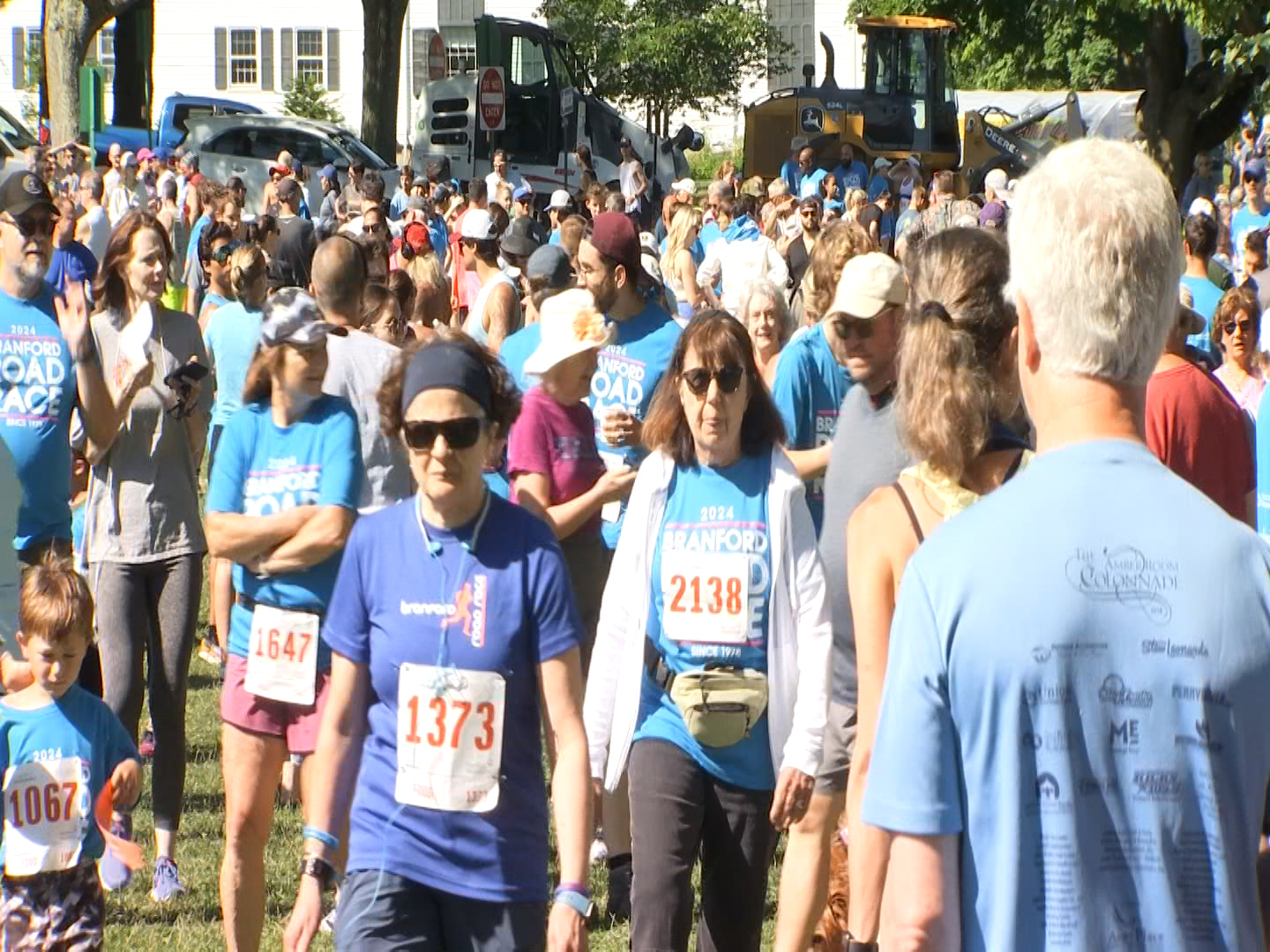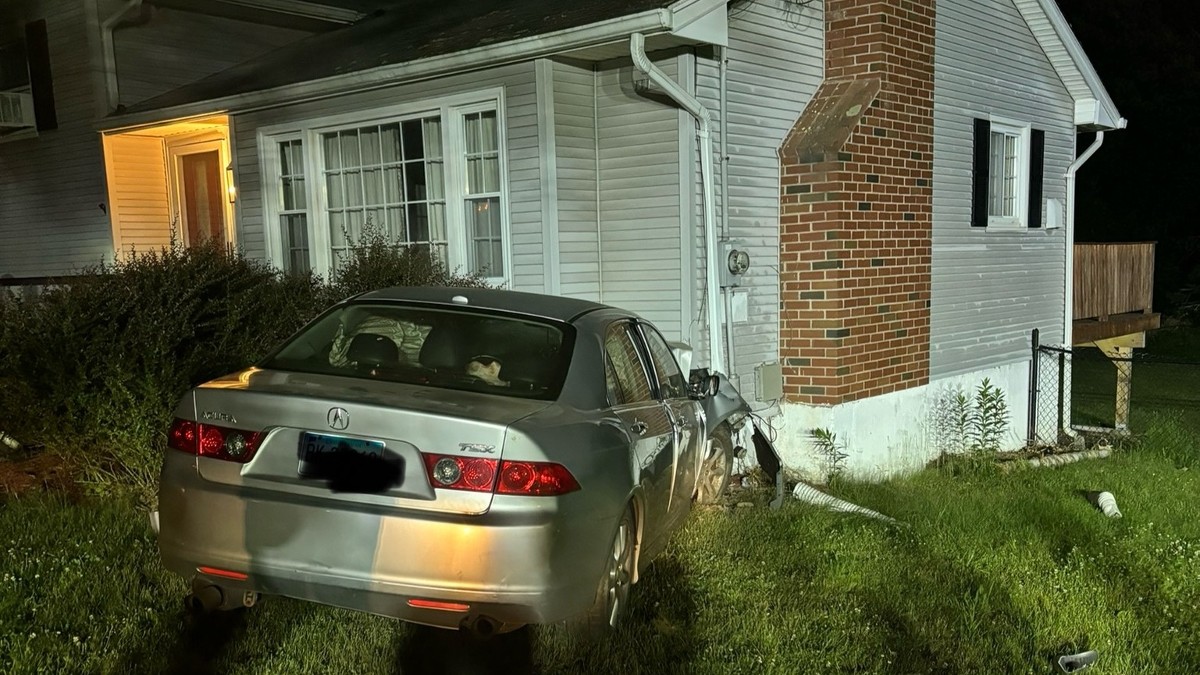Starting July 1, a new state law will let cities and towns install cameras meant to catch vehicles that violate local noise ordinances.
Rep. Bobby Gibson, (D-Bloomfield) said he pushed for the change after a constituent complained to him about noisy cars in her neighborhood.
“As I was going along, more and more people were coming to me and saying 'yeah, it’s a good idea to do something about it,’” Gibson said.
Unlike red light cameras – which enforce state laws requiring drivers to stop – municipalities have more discretion on how they use noise cameras to enforce local noise ordinances.
Get Connecticut local news, weather forecasts and entertainment stories to your inbox. Sign up for NBC Connecticut newsletters.
The law does require those ordinances have a noise limit of at least 80 decibels and it caps fines: a warning for a first offense, $100 for a second violation and $250 for each ticket after that.
Municipalities that choose to install the camera don’t need state approval, though, and can decide where to place the devices.
Any city or town looking to install red light cameras, on the other hand, is required to seek approval from the Department of Transportation.
Local
Connecticut Conference of Municipalities Executive Director Joe DeLong said he’s been hearing more and more local leaders bring up the issue, especially in cities.
“This legislation is a local option, so it’ll be the communities that, I think, are impacted by it the most as well as the communities where the residents express the most concern,” DeLong said.
National Motorist Association Executive Director Jay Beeber said the technology is “incredibly imperfect."
He noted a 2021 pilot program in Edmonton, Canada, found cameras couldn’t reliably identify violators, among other problems.
He also said the cameras can’t distinguish between violations that are intentional, like altered mufflers, and those that are accidental, like an exhaust in need of repair.
Connecticut’s law requires an appeal process – owners can prove they reapired the muffler, for example – but Beeber said that still forces vehicle owners to contest a ticket.
“What we’re concerned about is everybody else who is going to get swept into this very large net,” Beeber said.
Some people support the law as a way to help bring down the noise.
“We want peace, we want, you know, to relax ourselves,” Shelby Walton, of Hartford, said.
Others don’t think loud cars are enough of a problem to warrant cameras.
“I don’t know, I think that we should probably live and let live,” said Zoe Rochelle, of Stafford.
The new law also comes amid a broader shift toward automated enforcement. Some cities and towns are going through the process to get DOT approval for red light cameras.
Separately, lawmakers also approved using cameras to enforce construction zone speed limits after a pilot program last year.
DeLong said critics need to remember there is no expectation of privacy in public settings. He also said cameras can assist police in ways besides traffic enforcement.
“There's a benefit to having more cameras out there, they come in very handy at times like things like Amber alerts,” he said.
Beeber said concerns aren’t just about privacy, though. He noted cameras don’t have the ability to make subjective opinions, issuing tickets when humans might not.
Beeber said people can get a ticket for not completely stopping while turning right at a red light – often called “rolling” a light – or can violate a noise ordinance for having a high-end sports car without alterations.
“You get a ticket, you have to defend yourself, now you have to take time off from work, you have to jump through a bunch of hoops,” he said.



